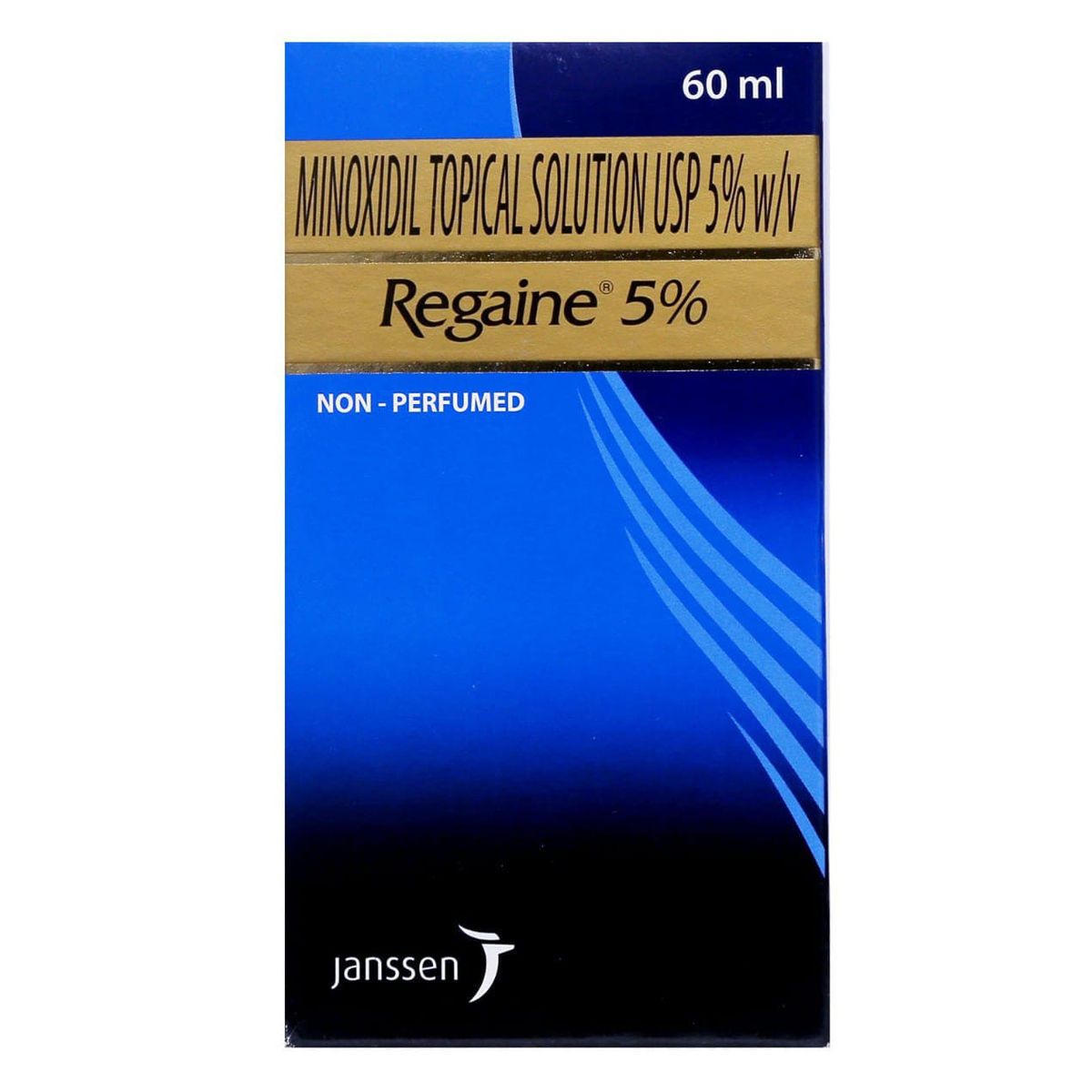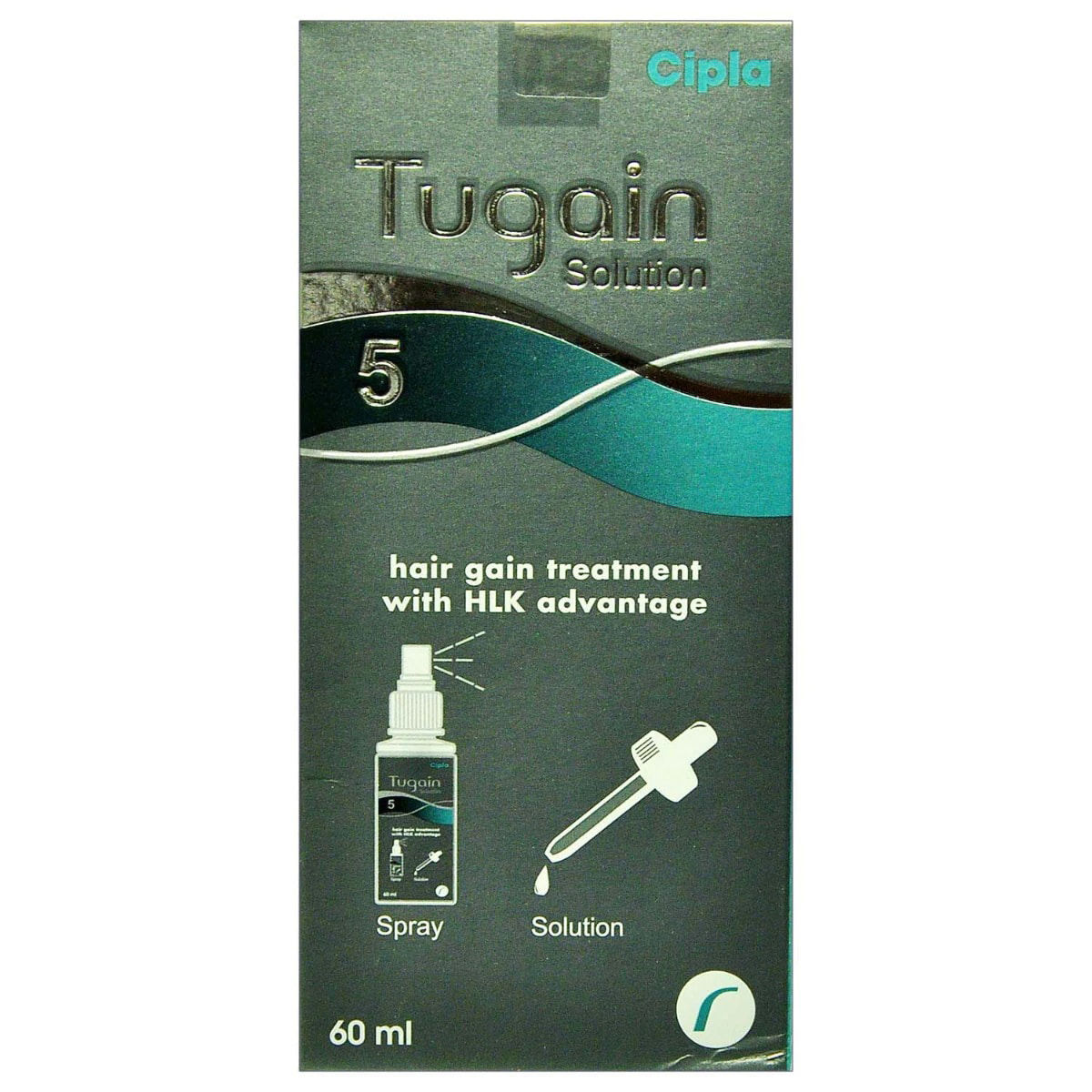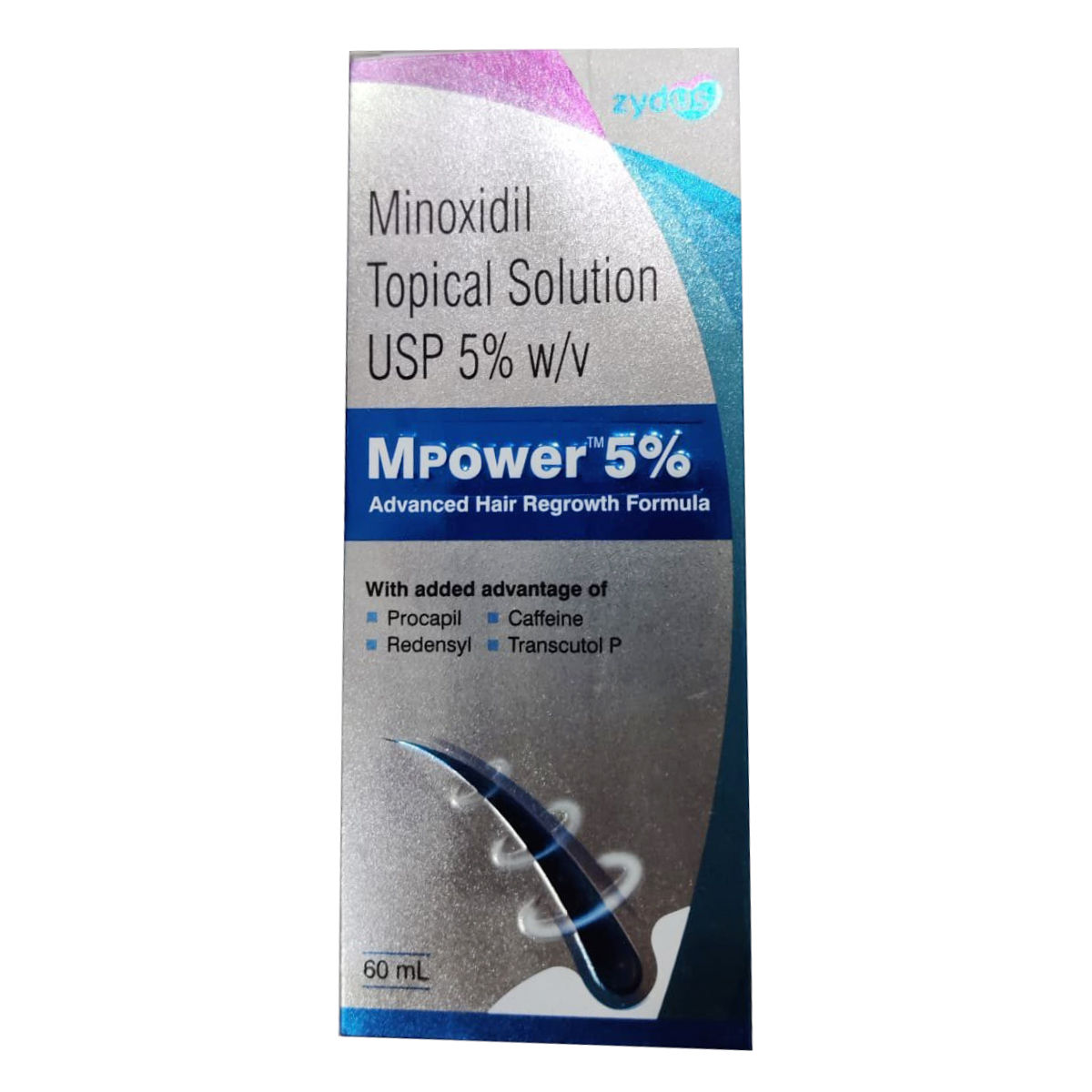- Home
- Health Condition
Medicine For Alopecia
Medicine For Alopecia
- Total Items (347)
 RX
RXMintop Forte 5% Solution 120 ml
₹1751.70
MRP ₹2013.50
13% off
 RX
RXMorr F 10% Solution 60 ml
₹998.80
MRP ₹1175
15% off
 RX
RXMinichek F Solution 60 ml
₹1070.20
MRP ₹1259
15% off
 RX
RXMini Chek 5% Solution 60 ml
₹866.70
MRP ₹963
10% off
 RX
RXMintop Forte 5% Solution, 60 ml
₹1016.80
MRP ₹1155.50
12% off
 RX
RXHair4U F Solution, 60 ml
₹695.20
MRP ₹790
12% off
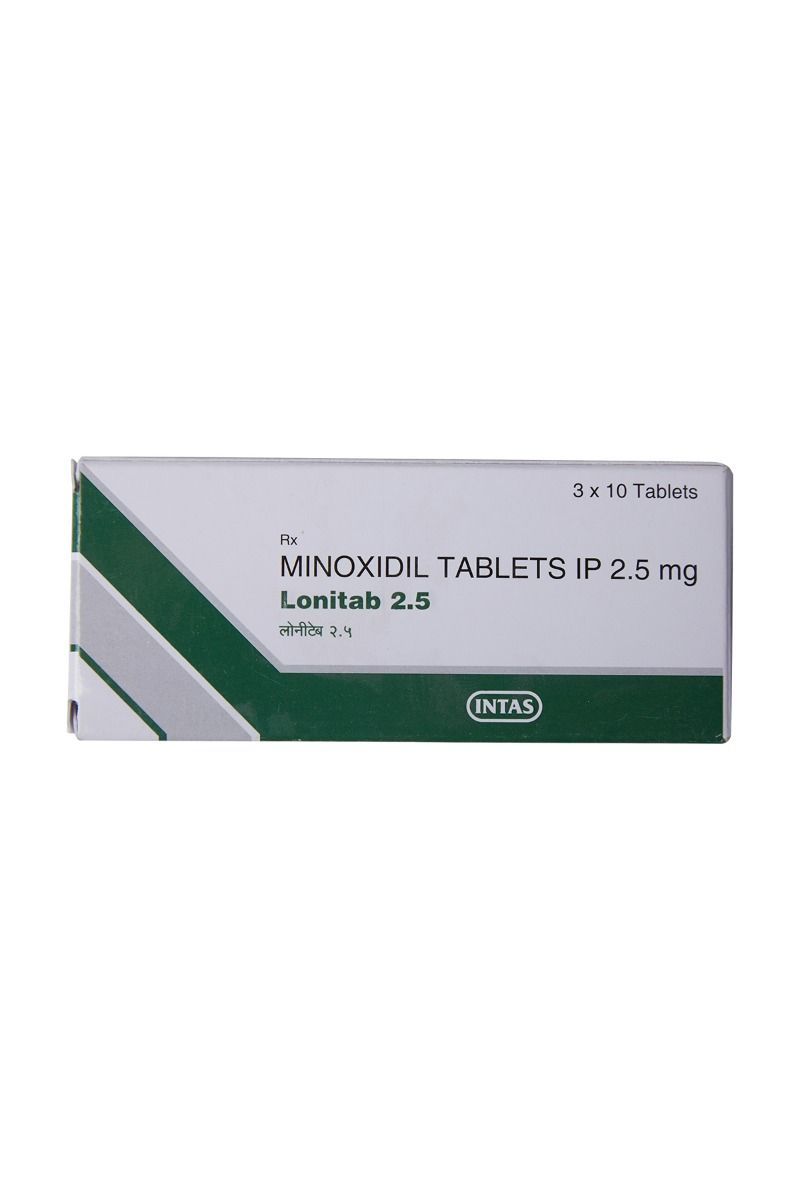 RX
RXLonitab 2.5 mg Tablet 10's
₹179.60
MRP ₹199.50
10% off
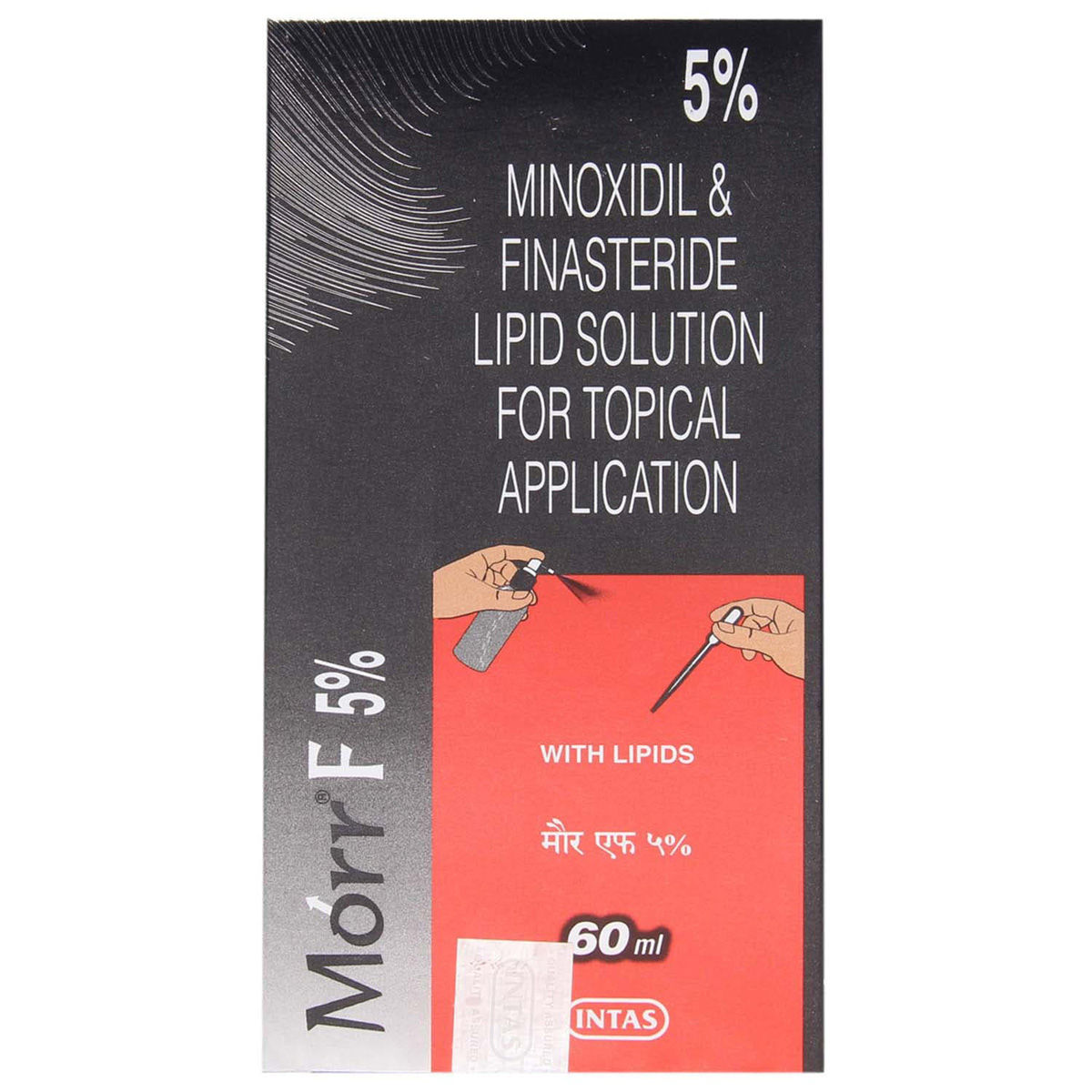 RX
RXMorr F 5% Solution 60 ml
₹765
MRP ₹850
10% off
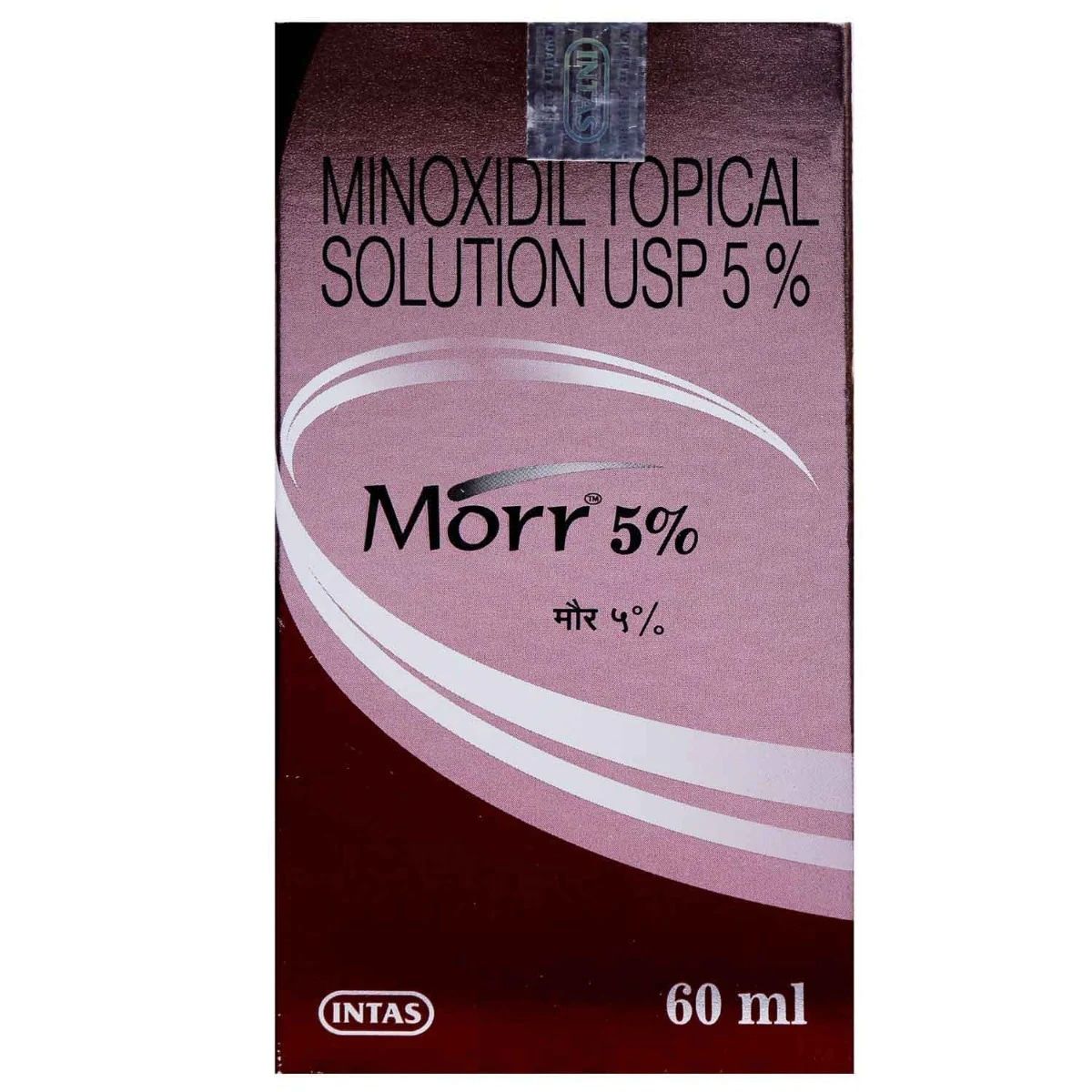 RX
RXMorr 5% Topical Solution 60 ml
₹687.10
MRP ₹799
14% off
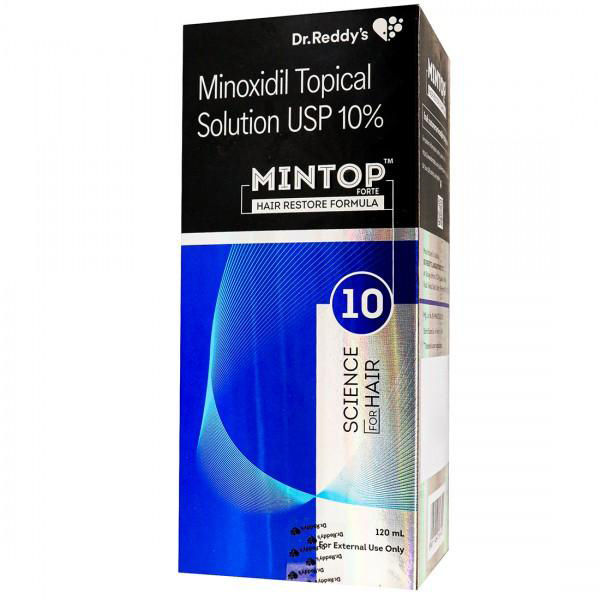 RX
RXMintop Forte 10% Topical Solution 120 ml
₹2487.60
MRP ₹2764
10% off
 RX
RXMinscalp F Max 10% Solution 60 ml
₹1397.70
MRP ₹1553
10% off
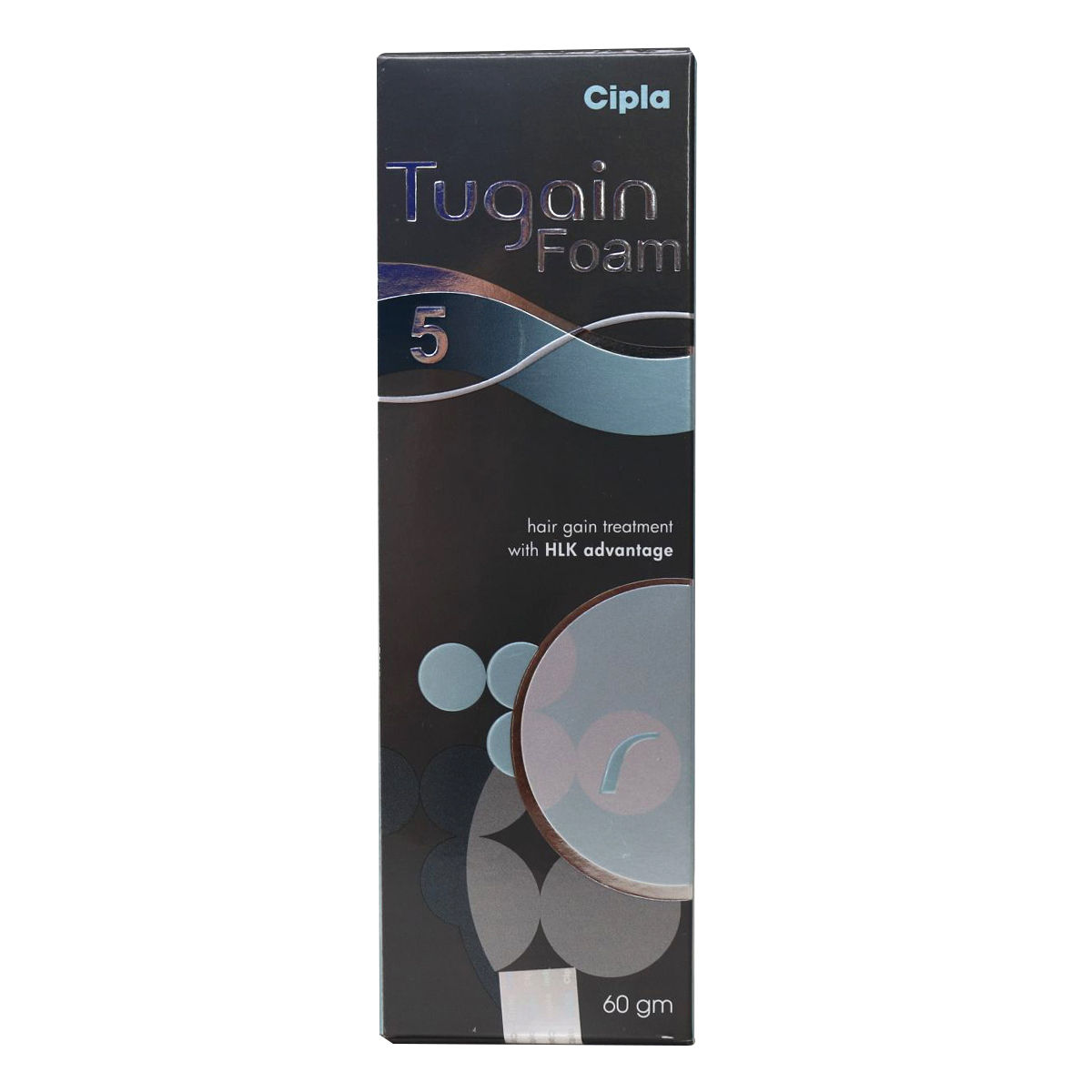
Tugain 5% Foam 60 gm
₹1096.50
 RX
RXMX-5 Solution 60 ml
₹800.80
MRP ₹910
12% off
 RX
RXMintop Eva Solution 60 ml
₹1048.10
MRP ₹1191
12% off
 RX
RXAnasure 5% Topical Solution 60 ml
₹794.80
MRP ₹935
15% off
 RX
RXImxia F 5% Topical Solution 60 ml
₹696.60
MRP ₹810
14% off
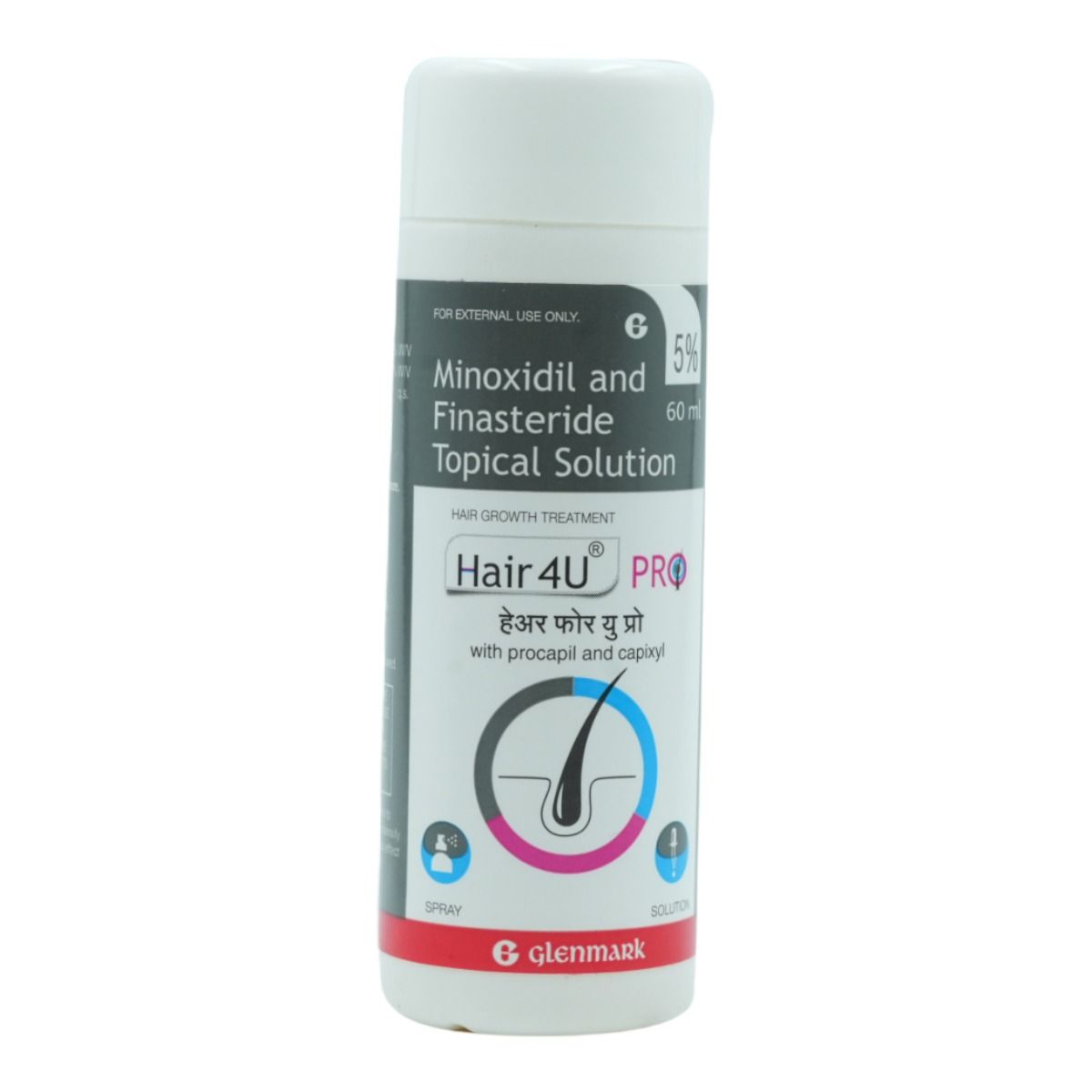 RX
RXHair 4U Pro 5% Topical Solution 60 ml
₹1149.20
MRP ₹1352
15% off

Follidense Shampoo, 150 ml
₹456
MRP ₹480
5% off
Medicines For Alopecia
Alopecia refers to hair loss that can occur in varying degrees and affect both men and women. It can have a profound impact on one’s self-esteem and overall quality of life. There are several different types of alopecia, including alopecia areata, androgenetic alopecia, and telogen effluvium, each with distinct causes and manifestations.
The condition can range from mild thinning to complete hair loss on the scalp or body, depending on the type of alopecia. Thankfully, advances in medicine have led to the development of various treatment options aimed at managing the condition.
Types of Medicines for Alopecia
Several types of medicines for alopecia are available. These medicines for alopecia can be divided into three main types: pills, creams or lotions you apply to your scalp, and injections. Each type of medicine for alopecia works in a different way to help with hair loss, such as balancing hormones or calming down your immune system. Here’s a simple breakdown of the main medicines for alopecia:
1. Topical Medicines for Alopecia
Topical treatments are directly applied to the scalp or affected areas. These are among the most commonly used treatments for alopecia. They include:
- Minoxidil (Rogaine): A topical solution or foam that is used to stimulate hair regrowth. It works by dilating blood vessels in the scalp, increasing the flow of oxygen and nutrients to hair follicles.
- Corticosteroids: These are anti-inflammatory agents that are sometimes applied topically to reduce inflammation and stimulate hair regrowth, particularly in cases of alopecia areata.
2. Oral Medicines for Alopecia
Oral treatments are ingested and affect the body systemically. These are typically used when topical treatments do not yield desired results. They include:
- Finasteride: An oral medication used primarily for male-pattern baldness (androgenetic alopecia). It works by inhibiting the enzyme responsible for converting testosterone to dihydrotestosterone (DHT), a hormone linked to hair loss.
- Dutasteride: Similar to finasteride, dutasteride is another oral medication that inhibits the production of DHT and is sometimes used when finasteride does not work effectively.
3. Injectable Treatments for Alopecia
Injectables are used in certain cases where other treatments are not sufficient. These treatments are often administered by healthcare professionals and can offer more immediate results:
- Corticosteroid Injections: These injections are often used for people with alopecia areata. The injection is given directly into the bald spots on the scalp, helping hair to grow back by reducing swelling and encouraging hair follicles to start working again.
- Platelet-Rich Plasma (PRP) Therapy: PRP therapy involves drawing a small amount of blood from the patient, processing it to concentrate the platelets, and injecting it back into the scalp. This can stimulate hair regrowth by improving follicle health and increasing blood supply to the scalp.
4. Biologic Agents and Other Treatments
JAK Inhibitors: Recently, Janus kinase (JAK) inhibitors, such as tofacitinib and ruxolitinib, have been explored as treatments for alopecia areata. These drugs help suppress the immune system’s attack on hair follicles, promoting hair regrowth.
Anthralin: A topical medication used to treat patches of hair loss, particularly in alopecia areata. It helps to modulate immune activity on the skin and stimulate hair regrowth.
Benefits of Using Alopecia Medicines
The medicines available for alopecia offer several benefits, particularly when used appropriately under the guidance of a healthcare professional. Some of the primary advantages include:
- Hair Regrowth: Many treatments, particularly minoxidil and corticosteroids, promote hair regrowth, helping to restore hair to affected areas.
- Slower Hair Loss: Even if regrowth is not achieved, treatments such as finasteride can slow the progression of hair loss, especially in cases of androgenetic alopecia.
- Improved Self-Esteem: Hair loss can be emotionally distressing, and successful treatment can help restore confidence and improve mental well-being.
- Reduced Inflammation: Treatments like corticosteroid injections or JAK inhibitors help to reduce the inflammation that causes hair follicles to become dormant, improving hair health.
Dosage & Usage Instructions of Alopecia Medicines
The dosage and usage instructions of alopecia medicines can vary depending on the specific treatment and the severity of the condition. Here are some general guidelines:
- Minoxidil: Typically applied twice a day to the affected areas. It should be used consistently for several months before noticeable results appear. It’s important to follow the instructions carefully, as overuse may lead to irritation or other side effects.
- Finasteride: Usually taken as a 1 mg tablet daily. It may take several months (3 to 6 months) to see noticeable effects. It is generally used for male-pattern baldness.
- Corticosteroid Injections: These are administered by a healthcare provider, typically every 4 to 6 weeks. The dosage will depend on the size and severity of the bald patches.
- PRP Therapy: This is performed by a trained professional. Sessions are usually spaced about 4 to 6 weeks apart, and multiple sessions may be needed for optimal results.
Buy Medicines for Alopecia or Alopecia Medicines Online at Apollo 24|7
Patients looking for alopecia treatments can easily purchase medications online through trusted platforms such as Apollo 24|7. With a wide range of options available, including minoxidil, finasteride, and corticosteroids, patients can conveniently access the medications they need. Apollo 24|7 also offers consultations with healthcare professionals who can guide patients in selecting the right treatment based on their specific condition.
Frequently asked questions
Yes, minoxidil is commonly used for various types of alopecia, including alopecia areata. It helps stimulate hair regrowth, although it may not be effective for everyone.
It typically takes 3 to 6 months to notice visible results from finasteride. Patience is key, as the medication works gradually to reduce hair loss and promote regrowth.
Some users may experience scalp irritation, dryness, or unwanted facial hair growth. If you experience severe reactions, consult your doctor.
Yes, combining treatments such as minoxidil and finasteride may provide better results for some individuals, but always consult your doctor before combining treatments.
Corticosteroid injections are typically administered by a healthcare provider every 4 to 6 weeks. The frequency may vary depending on individual responses to treatment.

